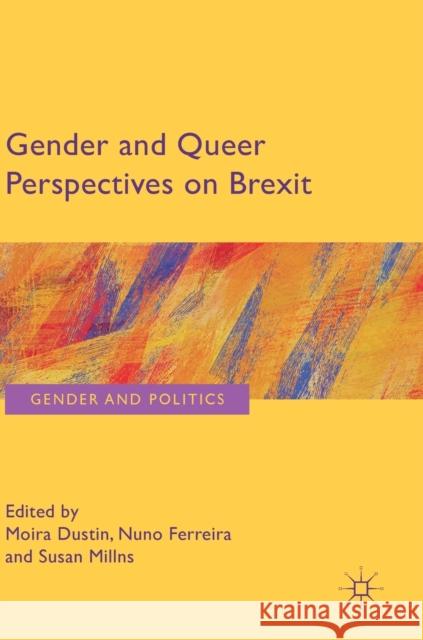Gender and Queer Perspectives on Brexit » książka
topmenu
Gender and Queer Perspectives on Brexit
ISBN-13: 9783030031213 / Angielski / Twarda / 2019 / 485 str.
Kategorie BISAC:
Wydawca:
Palgrave MacMillan
Seria wydawnicza:
Język:
Angielski
ISBN-13:
9783030031213
Rok wydania:
2019
Wydanie:
2019
Ilość stron:
485
Waga:
0.75 kg
Wymiary:
21.01 x 14.81 x 2.87
Oprawa:
Twarda
Wolumenów:
01
Dodatkowe informacje:
Wydanie ilustrowane











